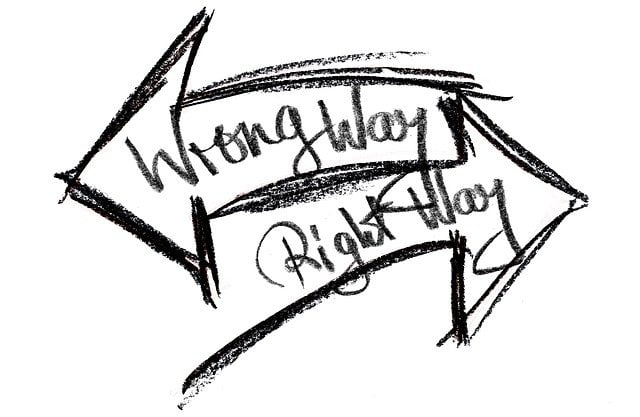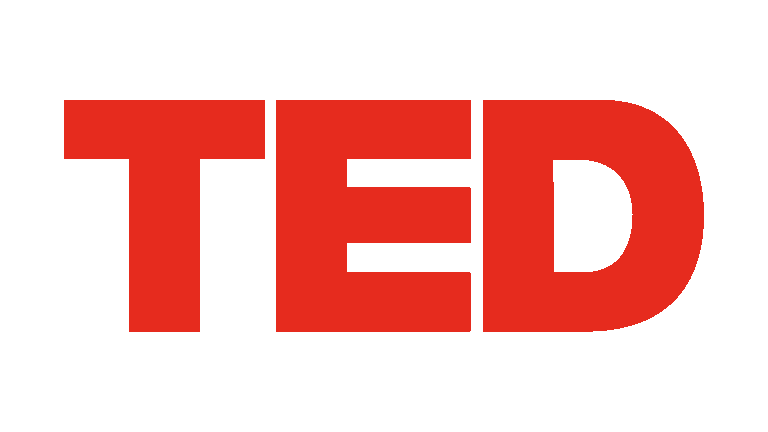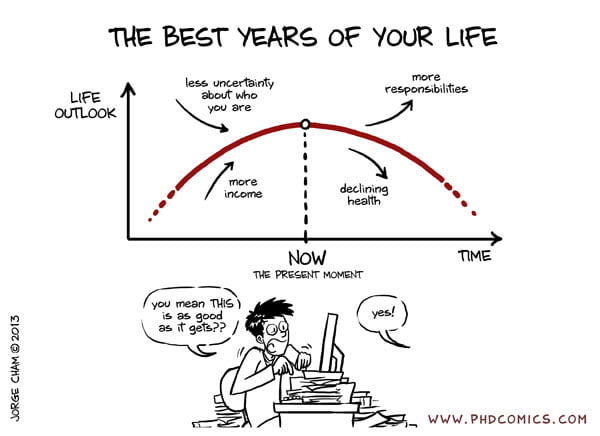Operational Excellence; Law & Ethics
Can we achieve operational excellence (minimize costs, maximize profits, continuously improve productivity and quality), at the same time do it ethically and legally? Should we?
At the end of the year, I am retiring officially but intend to continue volunteer work like writing, helping young professionals, speaking at business events, and part-time consulting. As leader of productivity and quality improvement in both the service and manufacturing industries for many, many years, in the Asia-Pacific and North America, it’s fair to say that I have seen it all – the good and the bad– as we pursued operational excellence.
Recently, I was talking with an engineer who rose to a very senior level in the organization, operationally responsible for multiple locations. Both trained as engineers, he and I had a somewhat similar problem with our senior management, but we dealt with it differently, as a matter of law and ethics.
He said, “look what they have done to me? I wasn’t like this.” For as long as I’ve known him, he was fair to his employees. In the end, he changed to saying, “I have no food for prisoners” — as if some people who helped him build the organization were no longer members of his team. Have team members become enemy prisoners? As I‘ve observed and seen in my long career, the change can be subtle, and a good person can start behaving unethically, illegally even, without realizing it. The purpose of this article is to help see the signs and avoid or prevent this from happening.
In the book Applied Ethics, author Aleksandra Kuzior writes, “The tradition of practicing this practical discipline is not yet long. The term was introduced only in the 1970s, but the application of ethical principles in everyday life and management dates back to ancient times.”
In January 2015, Cambridge University Press published online, in Business Ethics Quarterly, Mark S. Schwartz and Archie B. Carroll’s Corporate Social Responsibility: A Three-Domain Approach. (Mark was on the faculty of York University, in Toronto, the city where I live).
Schwartz and Caroll’s 3-circle Venn-Diagram is shown with a different color shade each, as referenced in the book used by engineers and engineering technologists writing the Professional Practice Law and Ethics exams in Canada. I made my own representation of the CSR diagram below.
I suggest that this is a helpful material for OpEx professionals too.
I mentioned I dealt with my ethical and legal problem differently than my friend: I quit. As I was cleaning my desk to leave, my vice-president called me and asked, “Where are you going?” I said, “Nowhere.”
“Why did you quit, with nowhere to go?”
“Our new executive vice-president (EVP), I can’t do what I was asked to do.” (Cut staff levels, play with people at the tip of my fingers, and be sure the company would not have a labor case.)
My VP gave me a piece of paper. She said, “Here, call this number.” It turned out she had already called her friend, even before I called. I was quickly offered a better position and a better compensation; that’s the last job I held in the Far East, prior to immigrating to Canada.
A professional engineer I know was told by his boss, to “Go to the production floor, and remove three operators, one per shift. That’s an order! We have to meet our labor budget.” He called me a few weeks ago. He said he left the workplace – he was there for 10 years. He is now working in a place more like the good old days, where workers are treated better.
I have seen the best and the worst in both sides of the Pacific. I am sad that in the last few years, I witnessed the worst of all (that I have direct knowledge), and read about (indirect knowledge)–as in The Washington Post’s article on October 28, 2021, As closed-door arbitration soared last year, workers won cases against employers just 1.6% of the time . Non-WP subscribers can read this on line, by clicking here...
I suggest that if OpEx professionals did their work well, and positively influenced their management’s decision-making on manning level requirements, we will see fewer cases of workers against employers.
We certainly support management’s goals of creating shareholder value, make the company more profitable – let’s call this dimension Economic.
We want to do this ethically – Ethical. I suggest that these sample scenarios don’t align well with business and professional ethics: (a) I was in a meeting between a head office engineer and a member of a manufacturing plant’s management. Knowing about the continuing reduction in personnel and increasing workloads of the remaining staff, the engineer asked, ”Would you want your son or daughter to work like that?” The manager replied, “That’s why I sent them to university. If people don’t want to work like that, they should have gone to the university.” (b) I was in a planning meeting, where the previous fiscal year’s results were reviewed vis-à-vis the coming fiscal year’s budget. Noting a very obvious operational problem, the head office representative said, “Your job is to make sure you have enough resources, enough people to do the job.” And the senior site manager replied, “No, my job is to make money.” My job in that meeting was to present the previous years continuous improvement savings achieved, and project the next year’s CI savings.
I did not have to comment beyond what the head office representative told my manager. But here, I suggest that if it were a healthcare setting, it would be less than ethical to have insufficient staff, even if there’s an approved budget to hire more doctors and nurses, to deliver the service quality standard of making the patient well.
I left last what I will refer to as Legal. We do things legally. I have had dealings with the lawyers in the legal departments of my previous employers. Three of the rules mentioned to me were: nr.1. Don’t do anything stupid or illegal. Nr.2. If you do, don’t get caught. Nr.3, if you get caught, deny, and call the lawyer. My problem in the job where I quit, was that I was asked to (a) do something bordering on the illegal, (b) be sure I wouldn’t get caught, and (c ) make sure we wouldn’t incur litigation costs.
It’s not our purpose here to have a long list of examples.
But on account of The Washington Post’s article, indicating that only 1.6 percent of employees win against their employers, I suggest that we as OpEx professionals should contribute to a more just society, where workers don’t need to sue–this is a long process, and the workers get little even if they win.
In the U.S. where cases are typically not based on contingency fees, but on retainer (acceptance) fees and then hourly billings – this can be very expensive. Especially for cases not subject to mandatory arbitration. (Arbitration can cost less in terms of legal fees, but the award if the employee wins is also much less than if it was in court.)
In Canada, contingency fees are more common (not all lawyers do it). Under a contingency fee arrangement, “No Win-No Pay,” the employee has no risk of spending a lot of money and getting nothing. Even then, a case can take years to litigate, whether in a court or in an administrative tribunal. To me, this is a waste of time which people have better use of in this our short life.
It’s way better to have each one on the same team, with the common goal of Operational Excellence. Doing it economically, ethically, and legally!
About the Author
Vir Alvaran is a continuous improvement professional, with over three decades of CI experience under his belt, in the Asia-Pacific and North America. He is a recipient of the Citicorp/Diners Club International Franchise Network Service Quality Award and served as president of the Philippine Institute of Industrial Engineers. He worked for twenty years in automotive parts manufacturing engineering, supplying components and sub-assemblies to the OEMs in North America.
Vir now owns a consultancy, “Closer to Lean” based in Toronto, Canada where he helps companies improve their operational capabilities.







